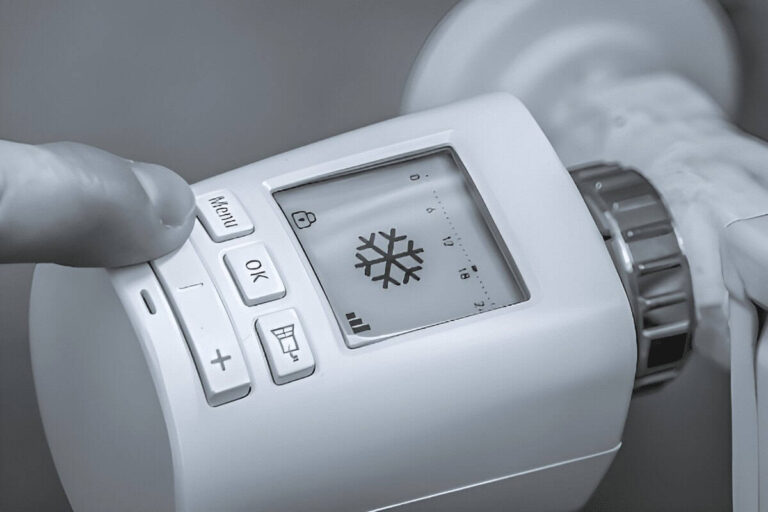The Best Supplements for Hormonal Balance (Backed by Science)
Let’s be real—your hormones are probably having more fun at your expense than you’d like. One minute you’re zen, sipping tea like you’ve got it all together, the next you’re crying over a dog food commercial. Welcome to the joyride that is hormonal balance gone off-script, where your body’s chemical messengers seem to have collectively lost their GPS.
But here’s the encouraging part: you don’t have to surrender to the roller coaster. After years of hearing women swap stories about mystery weight gain, nights of “sleep” that feel more like staring contests with the ceiling, and hot flashes that could fry an egg, I’ve rounded up research-backed fixes that actually help bring things back into alignment for hormonal balance. And no, you don’t need a trust fund or a private nutritionist to get started.
1. Magnesium for Hormonal Balance: The Overachiever Mineral
If your goal is better hormonal balance, magnesium should be on your radar. This mineral does heavy lifting—calming your stress response (HPA axis overload), helping your liver process excess estrogen, and supporting the thyroid’s conversion of T4 to active T3.
According to Women’s Health Network, magnesium is one of the top supplements and vitamins shown to help correct hormonal imbalance symptoms.
Foods rich in magnesium—such as spinach, almonds, cashews, and black beans—can make a real difference without costing a fortune.
2. Vitamin D’s Role in Supporting Hormonal Balance
Low vitamin D is more common than you think, and it’s strongly linked in studies to mood shifts, immune disturbances, and metabolic slowdowns—basically, all the things hormone imbalance drags into your life. Women’s Health Network lists vitamin D among key nutrients for restoring hormonal balance.
A little sunlight daily, or a budget-friendly supplement when that’s not possible, goes a long way.
3. Zinc & B Vitamins: Building Blocks for Hormonal Balance
To get and keep hormones, your body needs the right building blocks. Zinc helps with reproduction and thyroid work; B vitamins (especially B6, B12, folate) help stabilize energy, mood, and hormone-production pathways.
If you’re short on these, you’ll feel it—not just in fatigue, but in imbalance. Foods like legumes, meat, leafy greens, and fortified cereals help; supplements can fill gaps.
4. Iodine & Ashwagandha for Hormonal Balance Under Pressure
Iodine is vital for thyroid function, which is central to broad hormones. Too little, and things slow. Too much, and risk rises. It’s a precision game.
Ashwagandha, meanwhile, is an adaptogen that helps your body respond better to stress, reduce cortisol spikes, and support hormonal stability. Both show up in research and in Women’s Health Network’s list of helpful supplements for hormonal imbalance.
5. Herbs That Support Hormonal Balance Naturally
Herbs are powerful, especially when used thoughtfully. The article 5 Impressive Herbs That Help Balance Your Hormones from Healthline highlights things like nigella seeds, black cohosh, chasteberry, and marjoram as herbs that research suggests may help.
These herbs can help with menstrual symptoms, menopause, and hormone regulation—just make sure to check dosage, quality, and any contraindications with a healthcare provider.
6. Probiotics & Gut Health: A Keystone for Hormonal Balance
Your gut isn’t just about digestion—it plays a major role in how your body processes and clears hormones, especially estrogen. Probiotics and high-fiber foods help your microbiome do its job, which supports hormonal balance.
Pair this tip with the herbs and vitamins above (like in WHN’s recommendations) for a more comprehensive, science-backed approach.
7. Lifestyle Habits That Lock In Your Hormonal Balance
Supplements and herbs can do a lot. But for hormonal balance to hold up, you also need good sleep, stress management, sensible nutrition, and less exposure to endocrine disruptors (plastics, certain skincare ingredients, etc.).
Exercise, movement, breathing work, setting boundaries—these are non-negotiables if you want hormonal balance that lasts.
Bottom Line on Achieving Hormonal Balance
Getting to hormonal balance isn’t about finding one magic supplement. It’s about layering: good nutrients, smart herbs, lifestyle shifts, and consistency.
Your symptoms are real. Feeling like yourself again is absolutely possible with tools that are backed by science (and without breaking the bank).
Disclaimer: This article is intended for informational purposes only and does not constitute medical advice, diagnosis, or treatment. Always consult with a qualified healthcare provider regarding any questions or concerns you may have about your health or a medical condition. Never disregard professional medical advice or delay seeking it because of something you’ve read here.






